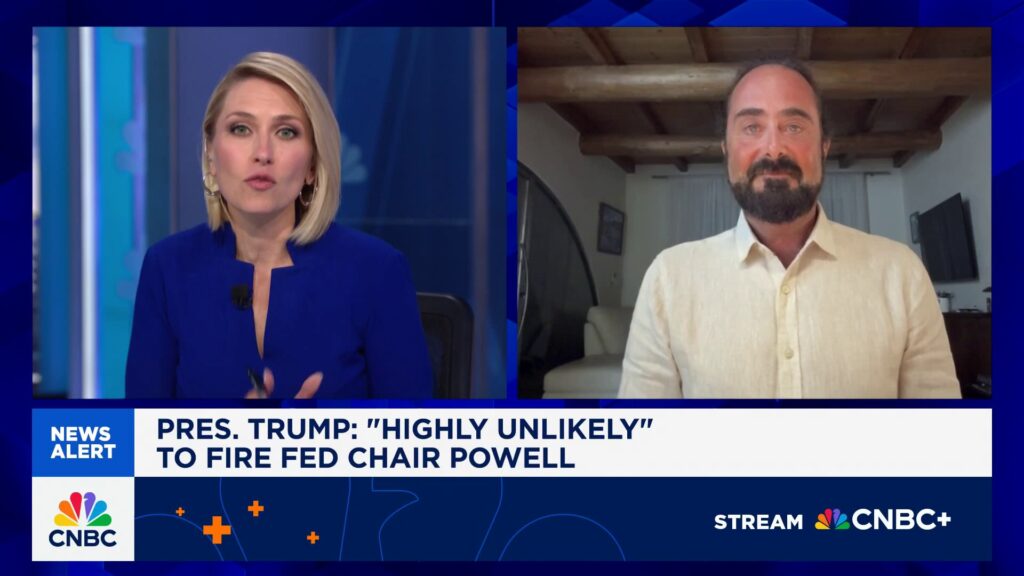
Donald Trump’s reported threat to dismiss Federal Reserve Chair Jerome Powell has raised concerns in financial markets, according to David Zervos, Chief Market Strategist at Jefferies. During an appearance on the CNBC program Closing Bell Overtime, Zervos highlighted that the lack of significant market reaction to this political maneuver speaks volumes about investor sentiment.
Zervos pointed out that threats of this nature, particularly from a former president with substantial influence, could typically lead to heightened volatility. However, he noted that the subdued response from investors may indicate a broader confidence in the resilience of the U.S. economy and the Federal Reserve’s policies.
Market Stability in Light of Political Turmoil
Despite the political implications of Trump’s comments, Zervos emphasized that the markets did not exhibit panic, suggesting a degree of stability among investors. He explained that many market participants may have already factored in the possibility of such political tensions, thereby mitigating their impact on trading decisions.
Zervos remarked, “It’s interesting to see how the market has brushed off the potential for such significant political events. People are more focused on the economic fundamentals.” His analysis reflects a broader trend where investors prioritize economic indicators over political rhetoric.
The Federal Reserve, under Powell’s leadership, has faced scrutiny regarding its monetary policies, especially in the context of inflation and interest rates. Trump’s criticism of Powell has been ongoing, with the former president advocating for lower interest rates and a more aggressive approach to monetary policy.
Implications for Future Policy Decisions
Looking ahead, the implications of Trump’s statements on Powell could extend beyond mere market reactions. Analysts suggest that such political pressures might influence the Federal Reserve’s decision-making process, particularly as the U.S. economy navigates complexities such as inflation and employment rates.
Zervos urged that market participants should remain vigilant regarding any potential fallout from political developments. “While the market may not react strongly today, it’s essential to keep an eye on how these dynamics evolve,” he cautioned.
In conclusion, the reaction to Trump’s threat to fire Powell may serve as a reflection of investor confidence in the current economic landscape. As the situation develops, both the markets and the Federal Reserve will be closely watched for their responses to this political climate.







